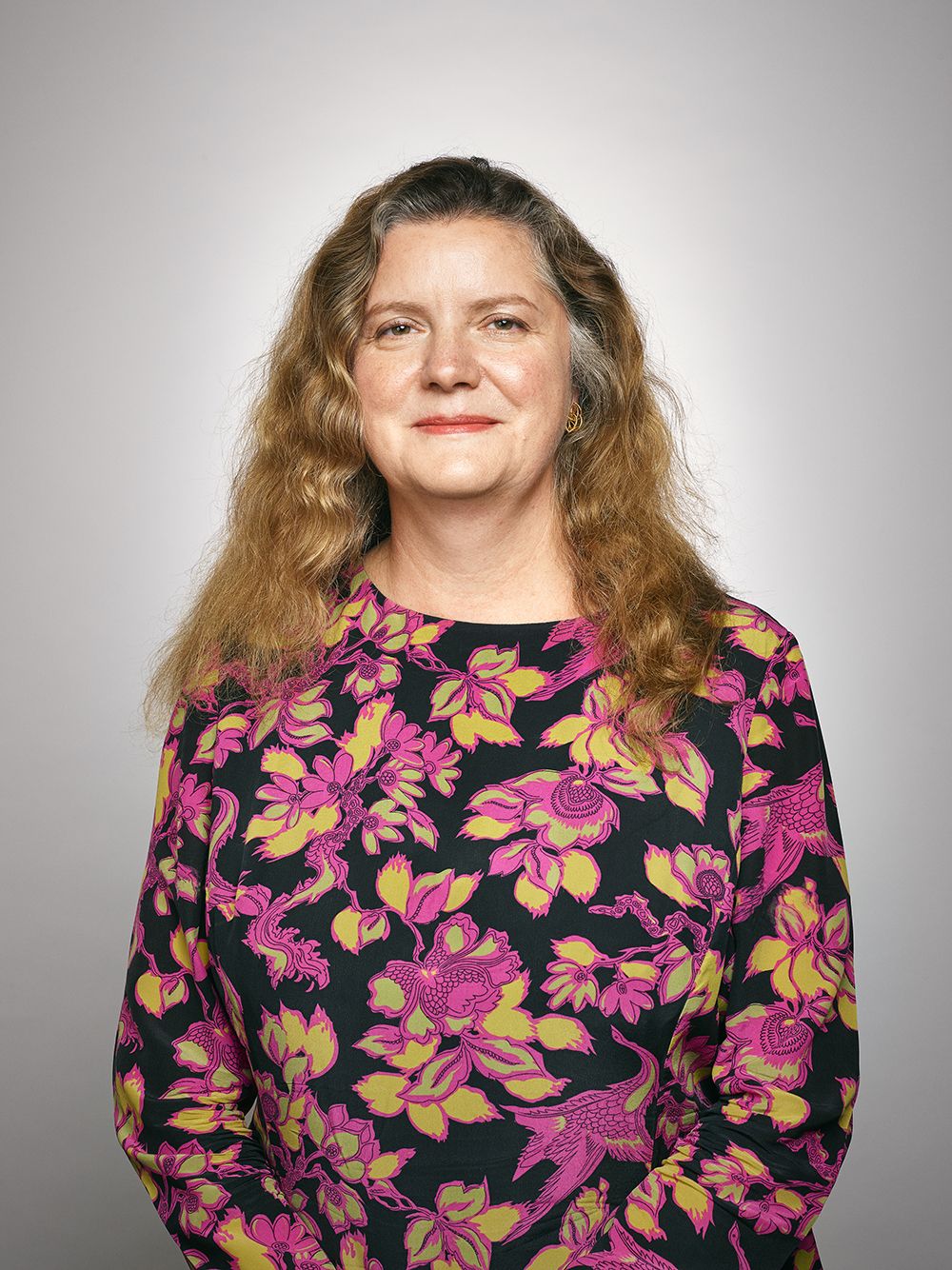
The formal role of Trustees in a charity like ours is essentially to make sure that the organisation makes the best use of its resources to achieve its purpose. Our role as National Voices is to work with our members to strengthen the voice of patients, service users, carers, their families and the voluntary organisations that work for them. Mostly, the people who we represent do not look like me – a white, middle class, healthy woman. So we recognised that if we really are going to get the most benefit for the people who access healthcare, we needed to worry less about the technical skills new trustees might bring, and more about the range of perspectives represented across our board to ensure that we focus on what really matters. We can teach the skills which are needed to be an effective trustee, but we can’t magic up life experience.
So we had a good think about the types of experiences we needed. We felt that we would really benefit as a board from having more input from:
- people who have experience of inequality – in particular people from Black, Asian and Minority Ethnic communities;
- people who have direct experience of health services, either as a patient or as a carer;
- people who are at the sharp end of delivering services, that is, health & care professionals; and
- because there are some technical skills we do need, people with financial management experience.
We decided to run the recruitment process ourselves rather than ask a head-hunter to support us. Partly we did that for cost reasons – but we also felt that we wanted to try a new approach. We did have the invaluable help of two excellent ‘virtual assistants’ who took care of admin for us, but that aside, everything was handled in-house.
Obviously, we did some normal things. We pulled together a pack for potential candidates, which provided some information about National Voices itself, and the trustee role and which described the process to follow for both appointed trustees and trustees elected by our members. We ran a couple of online public meetings where people could hear more from us, and could ask questions about the organisation and the process. And for the elected Trustees, we followed the process set out in our constitution. But for the appointed Trustees, we got a bit creative!
Firstly, we said we weren’t interested in people’s CVs – or at least not directly. The number of A levels a person has and their employment history doesn’t tell us half enough about the lived experience they could bring to the board. What we did ask for was a response to three questions:
- Why would you like to join the National Voices board?
- What skills and experience would you bring to the board?
- How can you show your commitment to strengthening the voice of patients, service users, carers, their families and the voluntary organisations that work for them?
Secondly, we invited applications by video as well as written applications – written applications had a word count limit, video applications had a time limit.
We were delighted to receive almost 40 applications, and the shortlisting discussion was quite a challenge! In the end, we shortlisted nine candidates, all of whom had at least two of the types of experience we were looking for. All of our shortlisted candidates had two interviews – one with a panel of people with lived experience of ill health, and a final interview with our existing trustees. We were absolutely blown away by the quality of the candidates we saw, and felt we could have appointed almost all of them. But in the end, we selected the two people who we felt had the strongest relevant experience and skills – Sherone Phillips and Kalu Obuka. They, together with our newly elected Trustees – Maggie Gilbert, Clare Woodford, Ezra Ben Yisrael and Noha Al Afifi – join us as we continue our journey towards understanding what diversity and equality around the board table really means, and how we benefit as a result.
Just having people from different walks of life sitting at the table does not in itself create a better board. We must not place the burden on new members Kalu and Sherone – or any other individual – to make us do better. The onus is on those of us who have always been able to make our voices heard to ensure that we are listening to others and acting on what we hear. We are at the start, not the end of our journey, and we will only do better if all of us learn how to listen with attention to the full range of voices, and to continue to think about who is not at the table, as we reach decisions. Through listening and learning, we will be better placed as a board to ensure that we really are Making what matters to people matter in health and care.